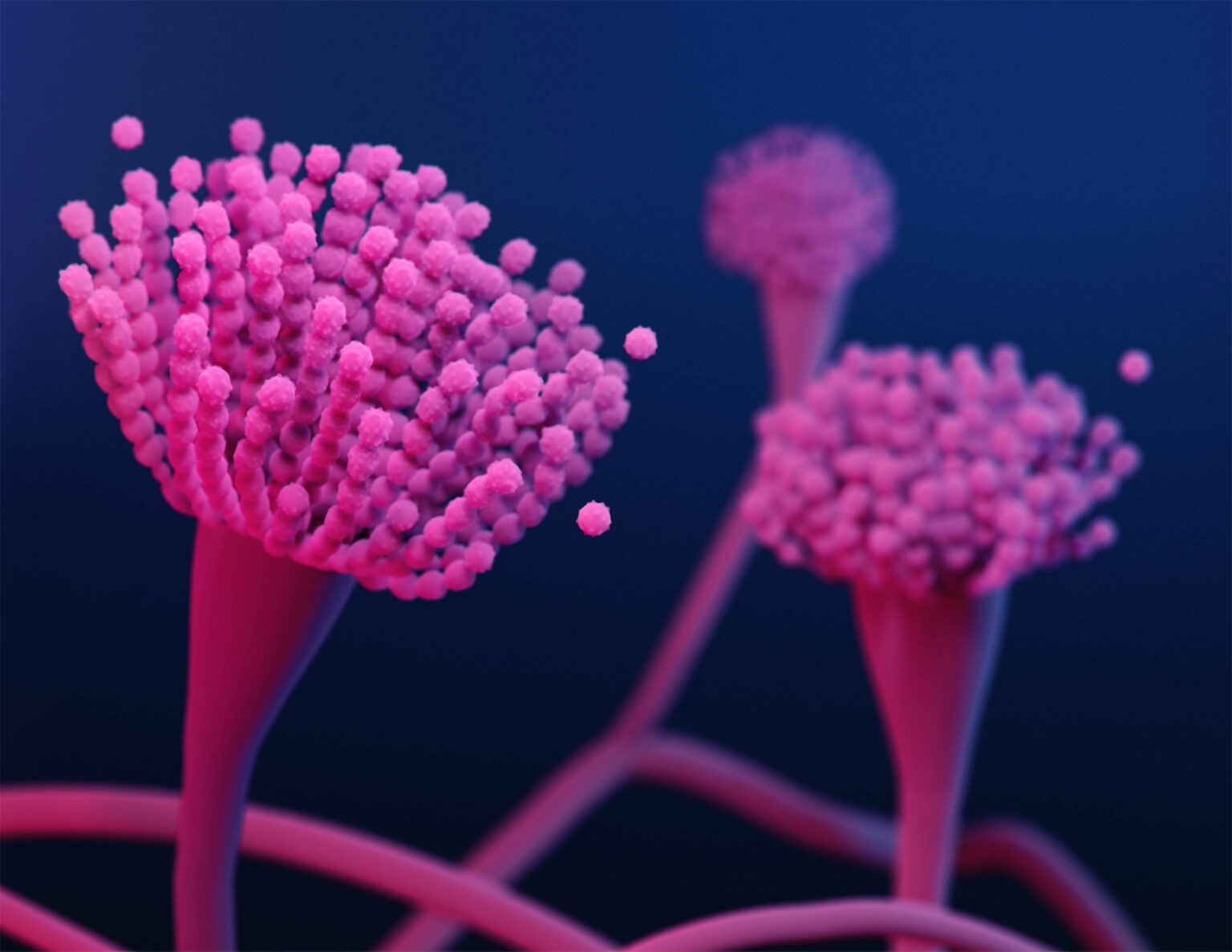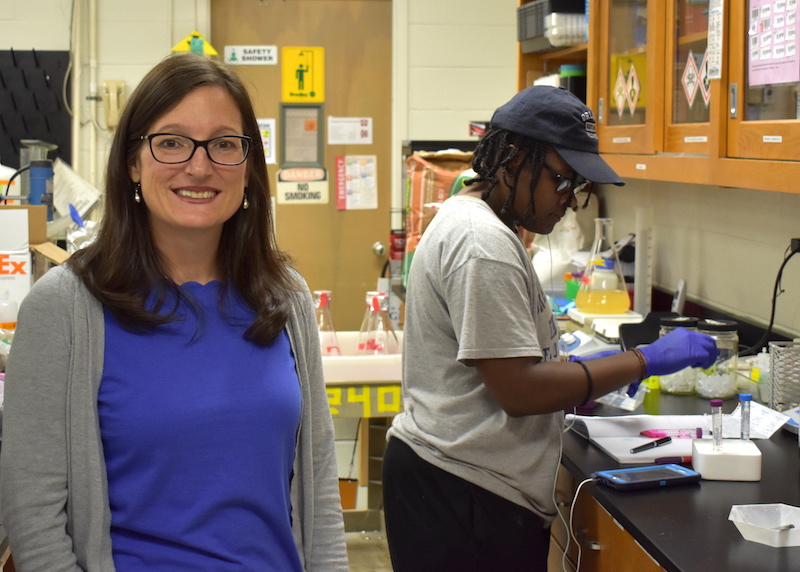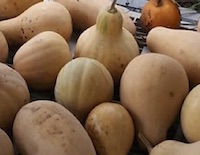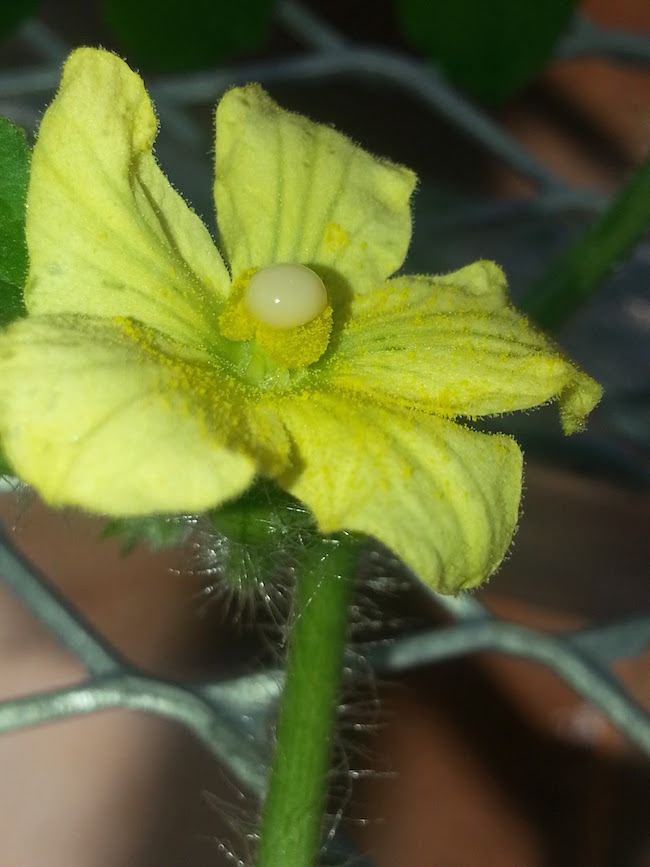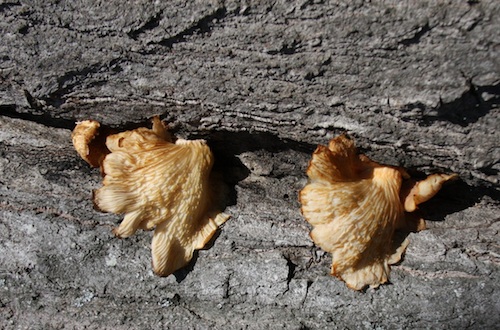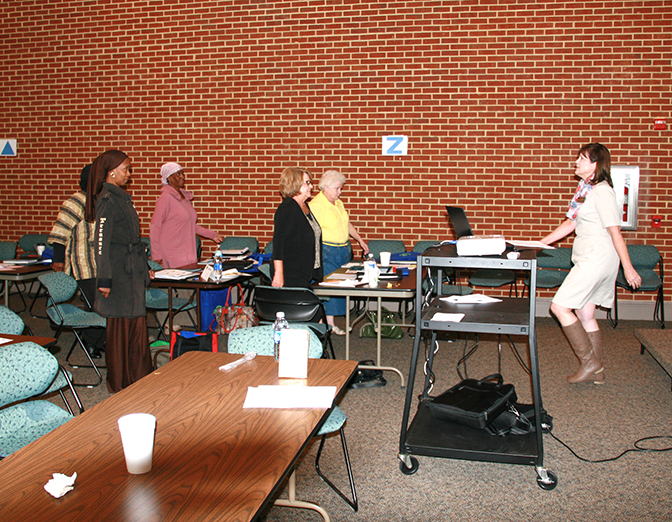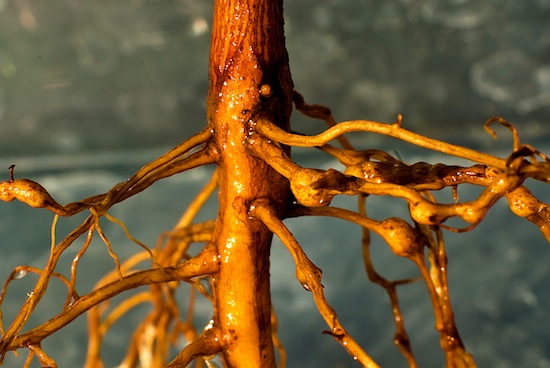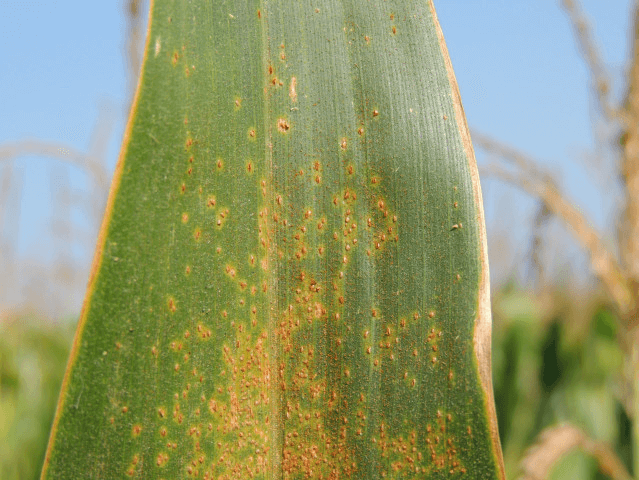 CAES News
CAES News
Southern Corn Rust
Georgia’s corn producers should be on alert for southern corn rust, a devastating disease that has been found in several Georgia counties this year, exacerbated by a warm La Niña winter and hot, humid conditions so far this season.

